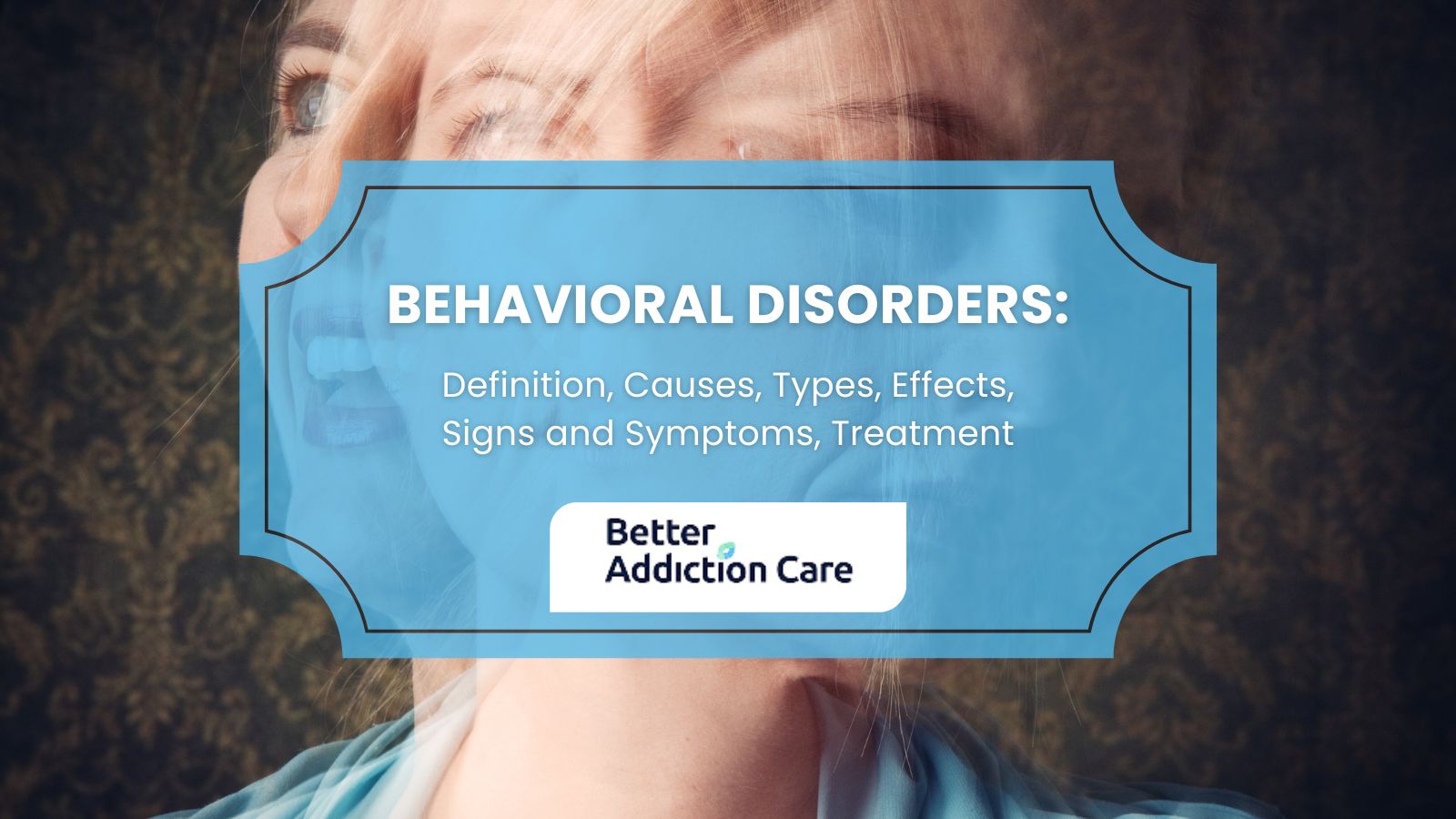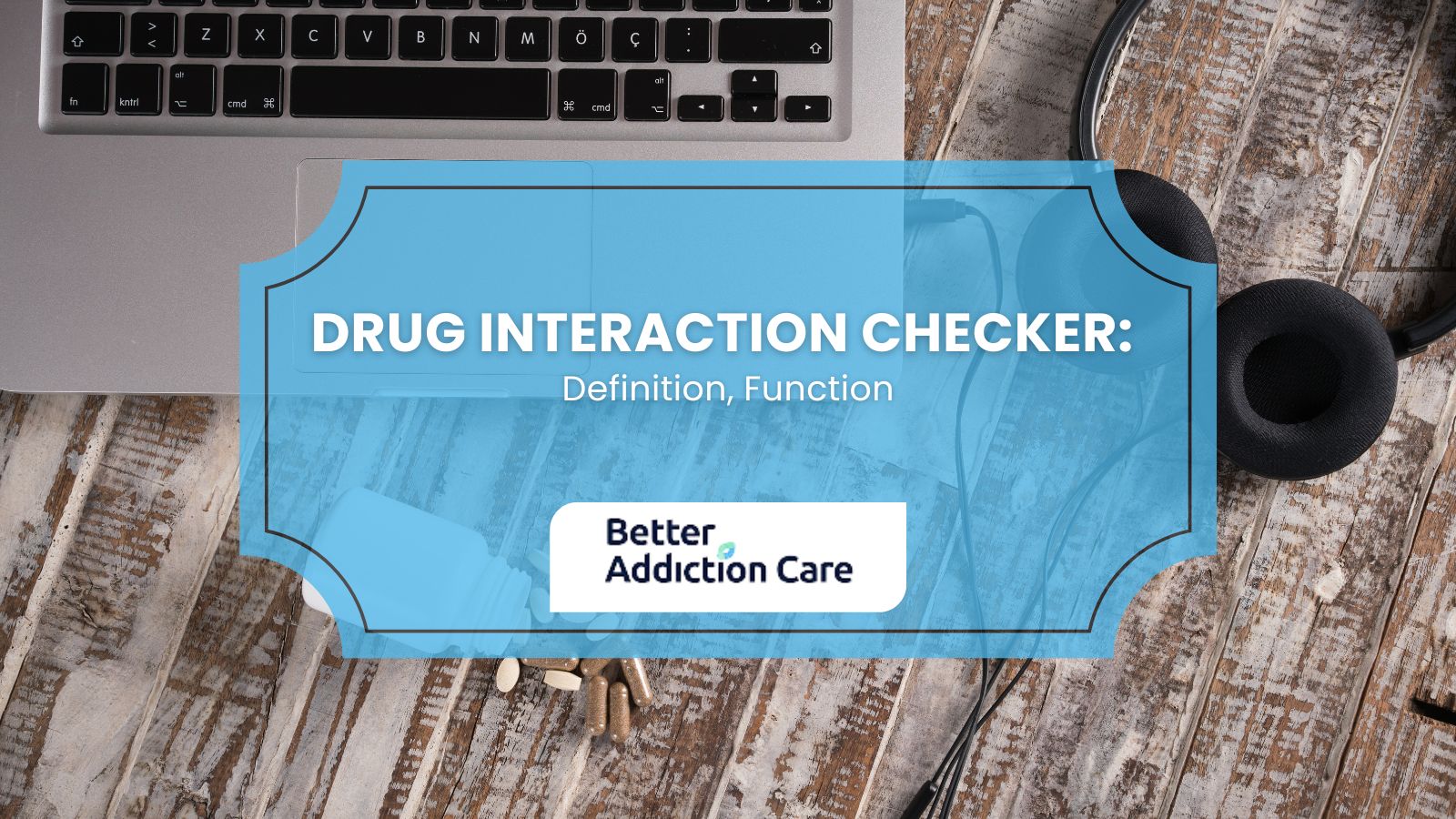
Overview
Human Resources Development Institute (HRDI) - Professional Counseling Services is an accredited substance abuse treatment center that provides outpatient treatment for men and women from 18+ years of age. As part of their special programs, Human Resources Development Institute (HRDI) - Professional Counseling Services To help patients achieve sobriety, Human Resources Development Institute (HRDI) - Professional Counseling Services provides intake assessments. Afterward, patients receive smoking/vaping/tobacco cessation counseling, treatment for gambling disorder, and group counseling during treatment. Human Resources Development Institute (HRDI) - Professional Counseling Services is located in Chicago, Illinois, providing treatment for people in Cook County, accepting cash or self-payment, medicaid, and state-financed health insurance plan other than medicaid.
Human Resources Development Institute (HRDI) - Professional Counseling Services at a Glance
Payment Options
- Cash or self-payment
- Medicaid
- State-financed health insurance plan other than Medicaid
- Federal, or any government funding for substance use treatment programs
- Sliding fee scale (fee is based on income and other factors)
Assessments
- Screening for tobacco use
- Comprehensive mental health assessment
- Comprehensive substance use assessment
- Interim services for clients
- Outreach to persons in the community
Age Groups
- Young adults
- Adults
Ancillary Services
- Case management service
- Integrated primary care services
- Suicide prevention services
- Early intervention for HIV
- Mental health services
Highlights About Human Resources Development Institute (HRDI) - Professional Counseling Services
6.88/10
With an overall rating of 6.88/10, this facility has following balanced range of services. Alcohol Rehabilitation: 8.00/10, Drug Rehab and Detox: 6.92/10, Insurance and Payments: 6.00/10, Treatment Options: 6.61/10.-
Alcohol Rehabilitation 8.00
-
Drug Rehab and Detox 6.92
-
Treatment Options 6.61
-
Insurance and Payments 6.00
Accreditations
Commission on Accreditation of Rehabilitation Facilities (CARF):

Established in 1966, the non-profit organization known as the Commission on Accreditation of Rehabilitation Facilities (CARF) has a dedicated focus on accrediting rehabilitation organizations. CARF's primary mission is to assist service providers, particularly rehabilitation facilities, in upholding and promoting the highest standards of care.
Treatment At Human Resources Development Institute (HRDI) - Professional Counseling Services
Treatment Conditions
- Substance use treatment
Care Levels
- Outpatient
- Outpatient methadone/buprenorphine or naltrexone treatment
- Intensive outpatient treatment
- Regular outpatient treatment
- Aftercare
Treatment Modalities
- Smoking/vaping/tobacco cessation counseling
- Treatment for gambling disorder
- Group counseling
- Family counseling
- Intervention Services
Ancillary Services
Additional Services
- Pharmacotherapies administered during treatment
- Mentoring/peer support
- Breathalyzer or blood alcohol testing
Contact Information
Read our Most Recent Article About Drug Addiction
DISCLAIMER: The facility name, logo and brand are the property and registered trademarks of Human Resources Development Institute (HRDI) - Professional Counseling Services, and are being used for identification and informational purposes only. Use of these names, logos and brands shall not imply endorsement. BetterAddictionCare.com is not affiliated with or sponsored by Human Resources Development Institute (HRDI) - Professional Counseling Services.








